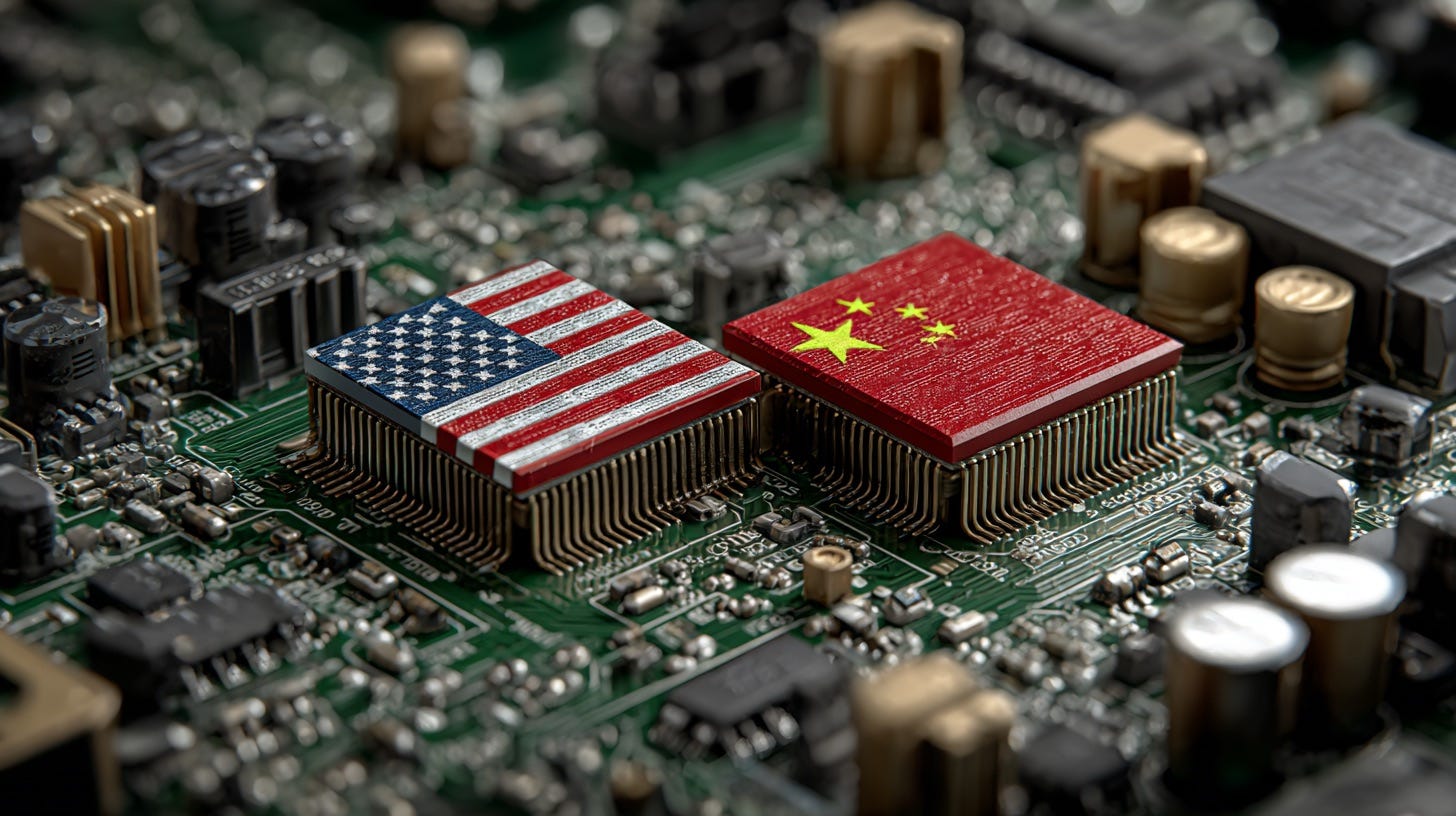Agent provocateur
Amazon is suing Perplexity to block the startup’s Comet browser agent from making purchases on behalf of users on Amazon.com, marking one of the first major legal battles over AI agents’ ability to perform real-world tasks autonomously.
The big picture:
This lawsuit could set critical precedents for how far “agentic AI” can go in acting on users’ behalf - Amazon argues Perplexity is committing computer fraud and violating its TOS by disguising AI agents as human users; Perplexity counters that agents should have “all the same rights and responsibilities” as the humans who deputize them.
As AI shopping assistants proliferate, they may become a competitive threat to Amazon’s advertising empire. If AI agents shop autonomously for users, the lucrative business of selling prominent product placement in search results potentially loses its value.
However, new research reveals that current models struggle with too many choices, are vulnerable to manipulation, and have poor collaboration skills even when unsupervised.
Elsewhere in the FAANG free-for-all:
Amazon is testing Kindle Translate, an AI tool that automatically translates books into other languages for self-publishing authors.
Microsoft AI CEO Mustafa Suleyman says Microsoft plans to focus on superintelligence that prioritizes human control and will lead a new superintelligence team.
Google says Ironwood, its seventh-generation TPU, will launch in the coming weeks and is more than 4x faster than its sixth-gen TPU.
Apple is finalizing a deal to pay Google ~$1B per year for a 1.2T-parameter Gemini model to help power the new Siri, which is on track for next spring.
And Google unveils Project Suncatcher, aiming to launch two solar-powered satellites carrying four TPUs each into low Earth orbit in 2027 with partner Planet Labs.
Backstop backlash
OpenAI CFO Sarah Friar sparked a swift political backlash after discussing the idea of a federal “backstop” to help finance the buildout of AI compute.
Between the lines:
The remarks prompted White House AI czar David Sacks to declare there will be “no federal bailout for AI,” signaling that the Trump administration is willing to help through regulatory relief rather than financial support.
But Friar’s word choice - and hasty retreat - reveals the precarious position OpenAI finds itself in after signing massive infrastructure deals that have raised serious questions about its ability to pay for them. Even CEO Sam Altman stepped in to try to defuse the situation.
How we resolve this tension remains an open question - the government wants American companies to dominate globally, but there’s clearly political liability in creating AI giants that are “too big to fail.”
Elsewhere in OpenAI:
OpenAI and AWS signed a seven-year, $38B deal for AI compute, including training models using Amazon’s data centers and CPUs.
OpenAI released a blueprint for teen AI safety standards with five suggestions the company hopes lawmakers will use in crafting regulations.
Sam Altman discussed managing OpenAI’s growth, delegating work, hiring hardware talent, GPT-6 enabling scientific research, and AI’s societal challenges in a Q&A.
Court documents reveal that in a deposition, Ilya Sutskever discussed conflicts at OpenAI that he sent to board members before Sam Altman’s firing, his OpenAI exit, and more.
And CODA, a Japanese anti-piracy group representing Studio Ghibli and Square Enix, demands that OpenAI stop using their copyrighted content to train Sora 2.
Elsewhere in AI infrastructure:
Meta, Alphabet, Microsoft, and Amazon announced plans to increase their combined AI spending to $400B in 2026 in their latest earnings reports.
Tech companies, including Meta and xAI, are using SPVs to raise tens of billions for AI data centers, allowing them to keep the debt off their balance sheets.
Microsoft CEO Satya Nadella says the company faces a power shortage, not a compute one, which could leave chips sitting in inventory that can’t be plugged in.
Oxford Economics reports that the AI boom is lifting global trade, with approximately 60% of US data center capex spent on imported IT gear mainly from Taiwan, South Korea, and Vietnam.
Samsung is partnering with Nvidia to build an “AI Megafactory” and deploy over 50,000 of Nvidia’s most advanced GPUs to embed AI in its chipmaking process.
Google plans to build an AI data center on Australia’s remote Christmas Island after signing a cloud deal with the Department of Defense earlier in 2025.
Huawei or the highway
Despite reaching a market cap of $5 trillion, Nvidia’s future now looks less rosy, as the Trump administration officials declined to sell advanced Blackwell chips to China ahead of the Trump-Xi summit in South Korea.
Where we’re headed:
The decision comes as China bans foreign AI chips from state-funded data centers - potentially affecting over $100 billion in projects - while simultaneously slashing energy costs by up to 50% for facilities using domestic semiconductors (Huawei and other Chinese semiconductors require 30-50% more electricity than Nvidia’s chips to perform the same tasks).
Huang’s unusually blunt warnings - criticizing Western “cynicism” and predicting China’s victory in the AI race - reflect Nvidia’s dire position in a market where its share has plummeted from 95% in 2022 to zero today.
With Trump planning an April visit to China and Huang vowing to continue his late-night lobbying calls, the current stalemate appears temporary - but each side’s hardening position suggests the AI cold war is entering a new phase of permanent technological decoupling rather than managed competition.
Elsewhere in AI geopolitics:
Senators Mark Warner and Josh Hawley unveiled a bipartisan bill that would require companies and US agencies to submit quarterly reports on AI-related job impacts.
At APEC, Xi Jinping proposed a World Artificial Intelligence Cooperation Organization for global AI regulation, which Chinese officials said could be based in Shanghai.
Google removed its AI model Gemma from AI Studio after Senator Blackburn said it fabricated sexual misconduct accusations against her.
The US CBP signed a two-year deal with AI logistics company Altana to use its platform for real-time trade enforcement and forced labor detection.
And Nvidia will supply 260K+ of its most advanced AI chips to the South Korean government and major companies, including Samsung, Naver, and SK Group.
Elsewhere in AI anxiety:
xAI and Gab position their ideology-driven AI chatbots Grok and Arya as alternatives to mainstream chatbots accused of liberal bias like ChatGPT and Gemini.
Some podcasters are embracing AI voice clones from ElevenLabs and other startups to augment, translate episodes, and even replace in-studio performances.
The UK’s High Court ruled against Getty in its lawsuit against Stability AI over its image generator, with the judge calling the ruling “extremely limited in scope.”
Coca-Cola released new AI-generated ads for the 2025 holidays after finding people didn’t know or care about the use of AI, despite criticism for its 2024 ads.
Online harassers are using AI tools to create more realistic death threats, posting AI-generated images and sounds that simulate victims in violent situations.
And arXiv will step up its moderation of CS review papers not vetted by an academic journal or conference after a surge in AI-generated papers.
Things happen
Perplexity launches a free AI-powered patent research tool in beta. Google in talks to value Anthropic at $350B+. Small AI models do the real work. Grokipedia mirrors Wikipedia except on politics, but AI makes it better on obscure entries. Chinese startup Moonshot releases Kimi K2 Thinking, claiming it beats GPT-5 for $4.6M. OpenAI now has 1M+ business customers globally. Lessons on deploying AI agents in production. Gemini Deep Research can now draw on your Gmail, Drive, and Chat to generate reports. Nebius unveils Token Factory to compete with AWS and Azure. AI designs functional antibodies from scratch, no animals required. OpenAI’s o1 analyzes languages as well as a human expert. Deutsche Bank is exploring strategies to hedge its exposure to data centers. What jobs AI is replacing today. AI coding ability doubles every six months, but real-world tasks have a messiness tax. You should write an agent. How AI turned Google Cloud from also-ran to growth driver. The man who invented AGI. Getty and Perplexity sign a multi-year licensing agreement for image distribution. A profile of Common Crawl, the nonprofit scraping the web for AI training data. The future of advertising is AI-generated ads personalized to you. AI’s dial-up era. How I use every Claude Code feature.






